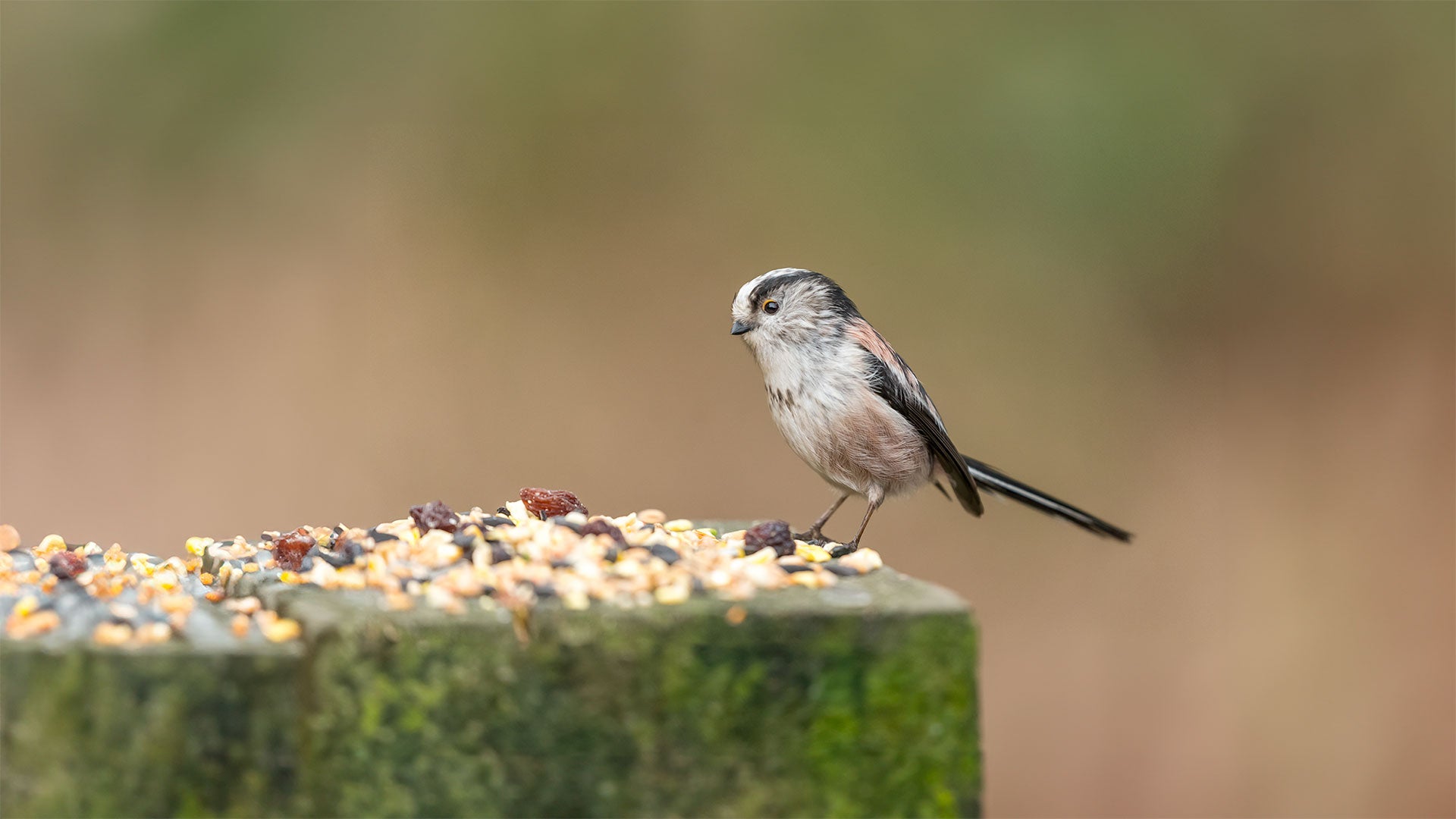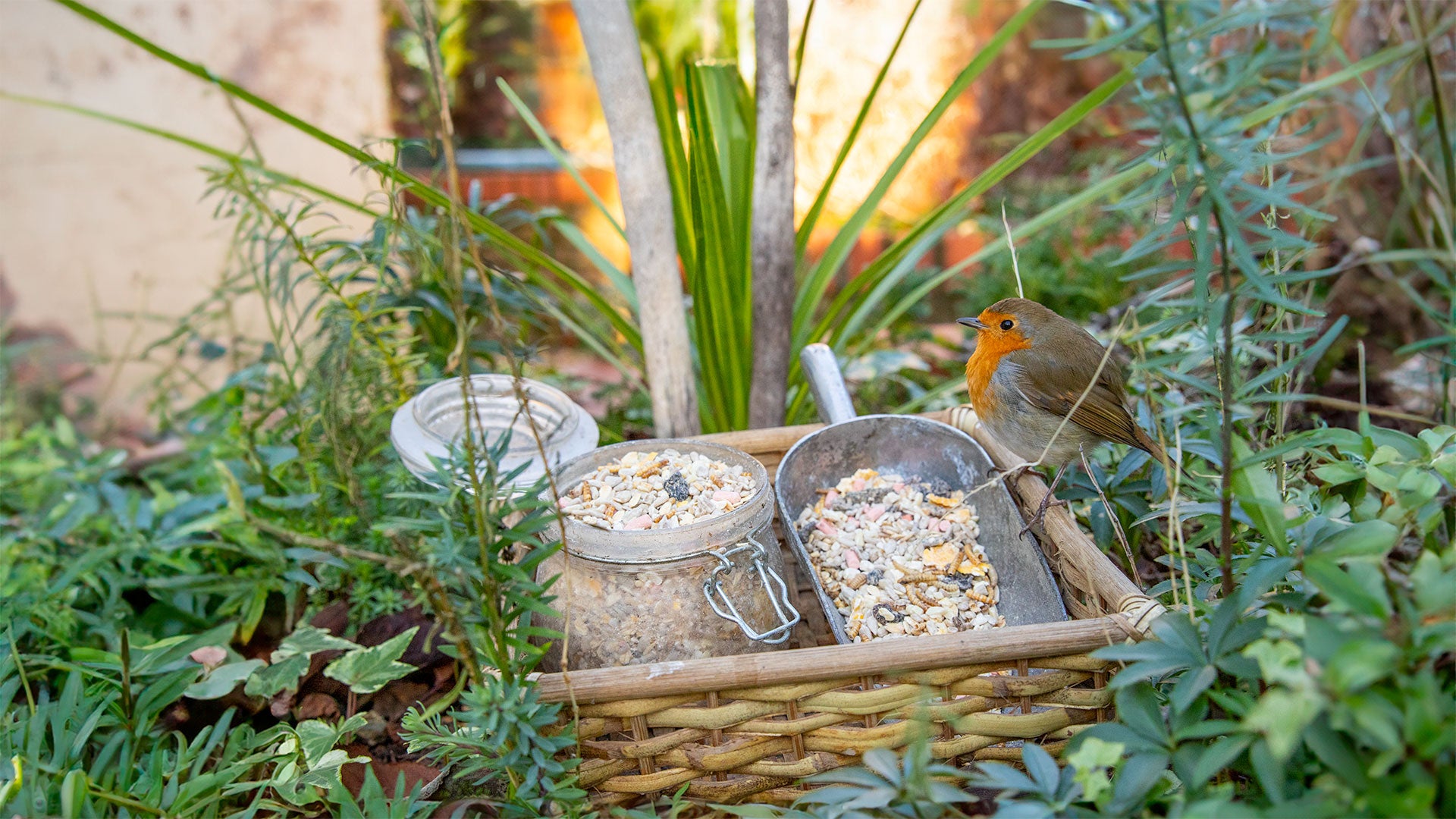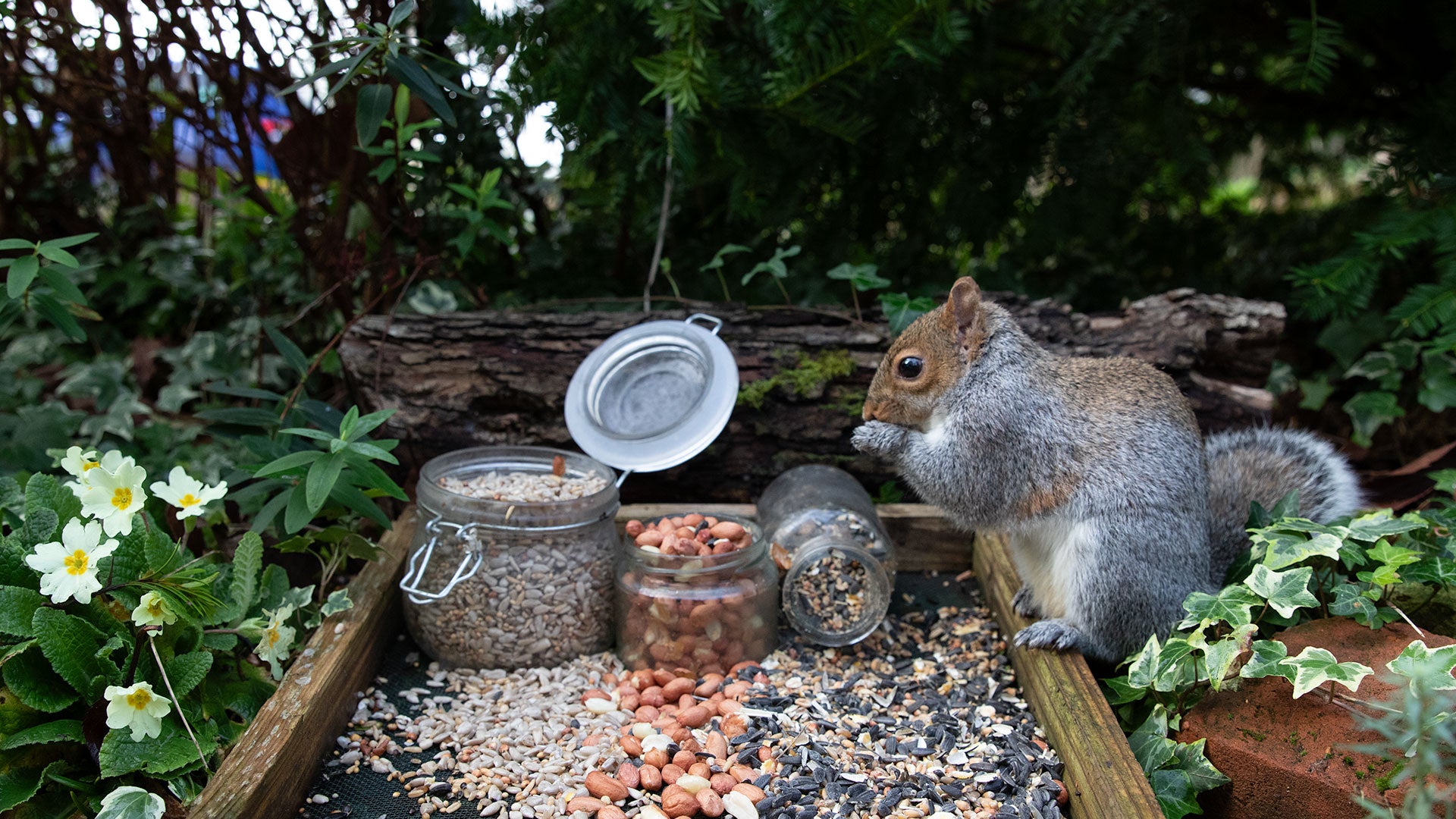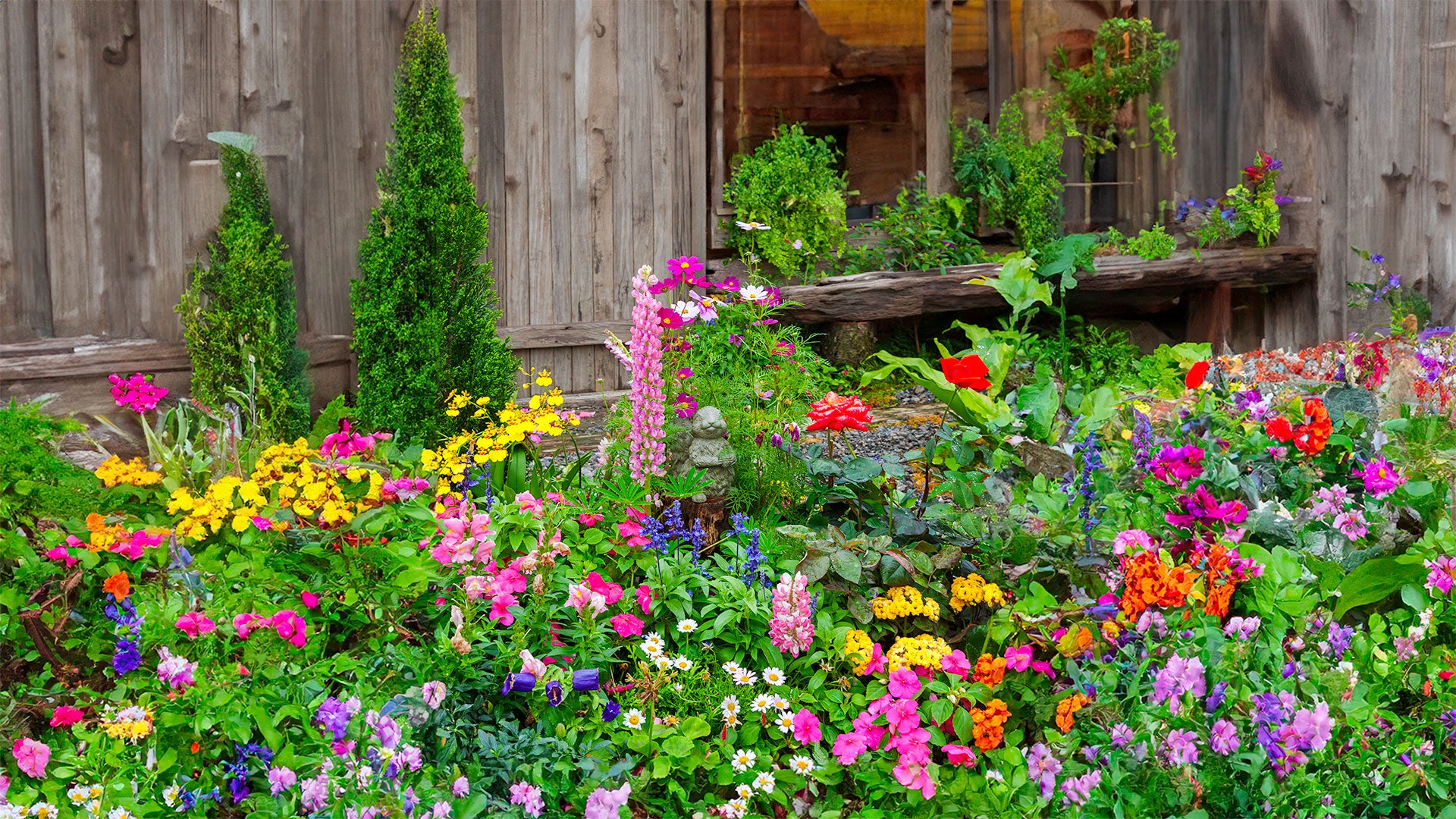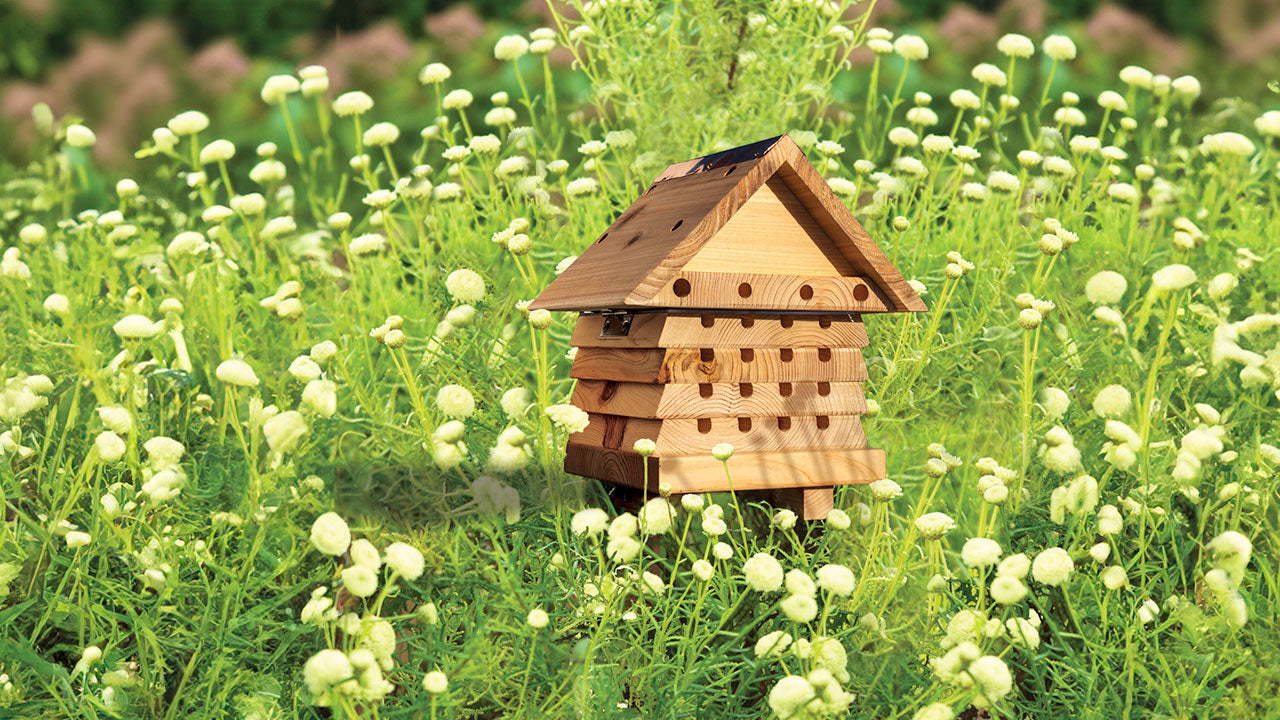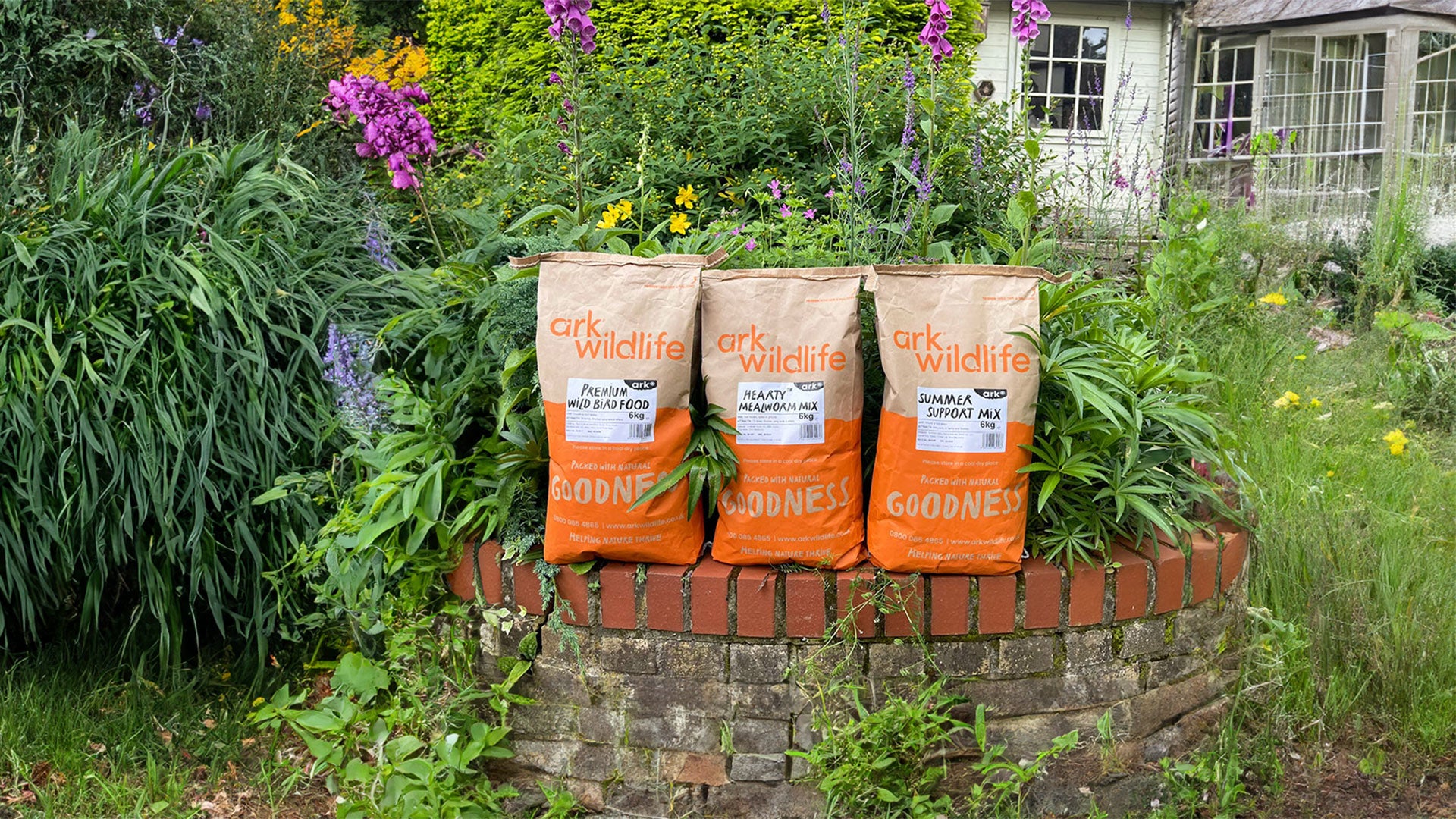Autumn marks the end of the breeding season when all bird nest boxes should be taken down and cleaned.
*Under the terms of the ‘Wildlife and Countryside Act 1981’, if unhatched eggs are found in the box, they can only legally be removed from October to January and they must be destroyed. It is illegal to keep them.
Why should you clean out bird boxes?
It’s important to give bird boxes a really thorough clean when you’re sure they’re no longer occupied. You need to get rid of any parasites (or their eggs) before a new family of birds move in, particularly as these unwelcome guests can be very harmful to chicks and their chances of survival. While birds will clean bird boxes themselves before nesting, it’s best to make sure they’re completely clear.

When to clean bird boxes and nests
The best time to clean a bird nesting box is in October and November when there is no chance of disturbing the previous occupants. By cleaning the box you will remove any ticks and fleas along with their eggs and help reduce the risk of diseases, such as Avian Influenza, being passed on to the next season’s broods.
Should I remove an old nest from a bird box?
Once all the birds have flown your bird box, it’s time to remove the old nesting materials, not least because, sadly, there may be some unhatched eggs or dead chicks inside. There might even be some spiders in the nest, so it’s best to put it to one side in the garden rather than destroying it. Removing the old nest will also help get rid of parasites.

Should I put anything in my bird box?
Birds are very resourceful creatures and are happy to build their own nest. Often they’ll remove nesting materials from inside to replace with their own preferred materials.
Placing a small amount of wood shavings, hay or dry leaves inside the nest box is fine, but there’s no need to build a complete nest for the birds.
How to clean out a nest boxes: step by step guide
- Remove all used nesting materials* (if there are unhatched eggs or dead in the nest see note below).
- Clean using boiling water to kill any remaining parasites and their eggs. You may also want to use a specialist disinfectant such as Ark-Klens. Insecticides and flea powders must not be used.
- Allow sufficient time to dry thoroughly before replacing the lid. Do not use any wood preservatives, fumes get trapped inside the nest chamber and may be toxic to birds.
- You can place a small handful of dry leaves, wood shavings or hay (not straw) in the box after it’s cleaned and dry because nest boxes may well get used for roosting during cold winter snaps by small birds such as tits or wrens.

Top tip: Use a nest box with hinged sides for easy cleaning and inspection.
Additional Notes.
It is not unusual to find a small number of eggs that have failed to hatch, or some young that have died. Blue and great tits may lay over a dozen eggs to allow for such losses. Sudden cold snaps, food shortage, predation or simply inexperience can all lead to complete nest desertion, or limited survival rates.
Don’t worry if your nest box wasn’t used this year, it may attract an occupant next year. Take it down, check it and clean as required but put your box back up as it may provide a useful roost during the winter months. To increase the likelihood of your nest box being used next year, ensure you have the correct bird nesting material.
Nest boxes in use should not be inspected. Simply watch and enjoy the activity from a distance. If you want to see the chicks as they grow, consider installing a nest box camera.
Annual cleaning should only be carried out at the end of the breeding season, from late September to late January.
Under the terms of the Wildlife and Countryside Act 1981, if unhatched eggs are found in the box, they can only legally be removed from October to January inclusive, and they must be destroyed – it is illegal to keep them.

